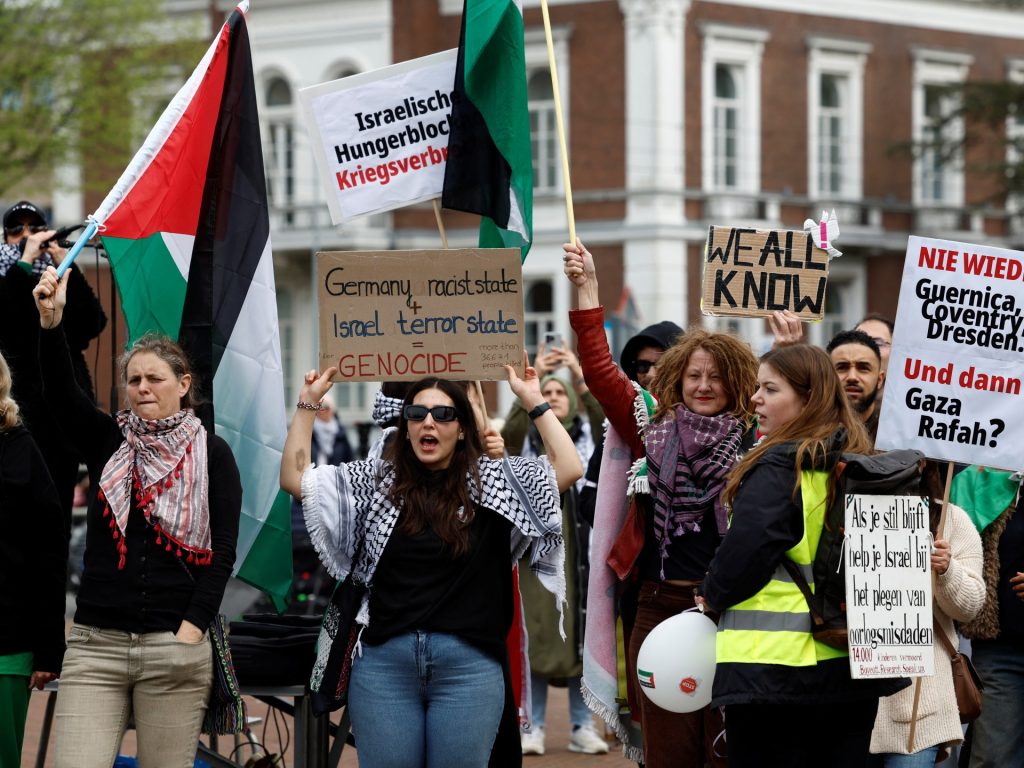The International Court of Justice (ICJ) is set to rule on a case brought by Nicaragua against Germany over the latter’s alleged complicity in Israel’s 2014 conflict in Gaza. Nicaragua has accused Germany of violating international law by providing military aid to Israel during the conflict, which resulted in numerous civilian casualties and widespread destruction. Germany has denied the allegations and argued that its support for Israel was for defensive purposes only.
The case dates back to 2014 when Israel launched a military operation in Gaza in response to rocket attacks from Hamas. The conflict resulted in the deaths of thousands of Palestinians, many of them civilians, and caused widespread destruction in the Gaza Strip. Nicaragua alleges that Germany provided military aid to Israel during the conflict, which amounted to complicity in the violation of international law.
Nicaragua has brought the case before the ICJ, seeking reparations and an acknowledgment of Germany’s role in the conflict. The ICJ is the principal judicial organ of the United Nations and is tasked with resolving disputes between states in accordance with international law. The court will examine the evidence presented by both parties and issue a ruling based on the relevant legal principles and precedents.
Germany has argued that its support for Israel during the conflict was in line with its obligations under international law and was aimed at assisting Israel in its legitimate right to self-defense. The country has maintained that it did not violate any international laws by providing military aid to Israel and that Nicaragua’s accusations are unfounded. Germany has also contended that Nicaragua’s case is politically motivated and lacks merit.
The ICJ’s ruling in this case will have implications for the legal framework surrounding conflicts involving states and the obligations of countries to uphold international law. The court’s decision will be based on a thorough examination of the evidence presented by both parties and will set a precedent for future cases involving allegations of complicity in violations of international law. The outcome of this case will also have broader implications for the relationship between states and the role of the international community in holding countries accountable for their actions.
Overall, the ICJ’s ruling in Nicaragua’s case against Germany over Israel’s war on Gaza will be a significant development in the field of international law and will have implications for the legal framework surrounding conflicts between states. The court’s decision will be based on a thorough examination of the evidence and legal arguments presented by both parties and will set a precedent for future cases involving allegations of complicity in violations of international law. The outcome of this case will have broader implications for the relationship between states and the role of the international community in upholding international law.















